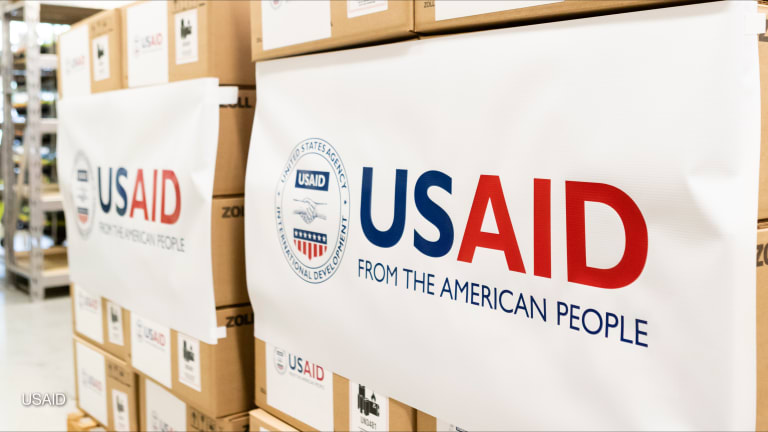In 1986, American newspapers ran a series of stories suggesting that humanitarian aid funding supplied by the United States had been diverted into the bank accounts of the Duvalier family. The Duvalier regime had assumed power in Haiti in 1957, backed by a paramilitary security force called the Tonton Macoutes. Seven years later, Duvalier pronounced himself president for life. His rule became synonymous with terror, human rights abuses, and corruption, and when he died in 1971, he anointed his son, Jean-Claude, as his lifelong successor.
By 1986, the Duvalier regime was coming undone, and in the face of nationwide protests and unrest, Jean-Claude fled to France with U.S. assistance. The Tonton Macoutes formally disbanded — though its members continued to terrorize local populations — and the U.S. government authorized emergency aid to Haiti under Public Law 480, commonly known as Food for Peace.
However, by October of that year, USAID’s regional inspector general, or IG, had serious concerns about whether funds had been properly deposited, and whether the program was achieving its objectives. After an internal audit, the IG reported that “neither the Title II (emergency) or the Title III programs were meeting their goals.”








